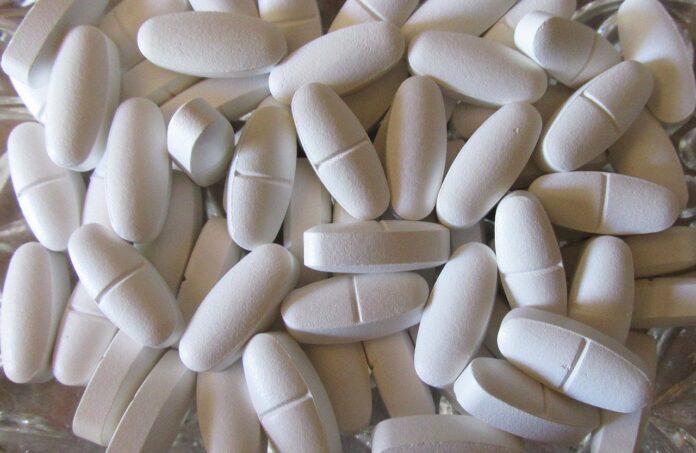The association between vitamin D deficiency and coronavirus infection has been debated and investigated since the start of the ongoing health crisis. Some studies suggest that people who are deficient have a higher risk of the infection but others have given a different conclusion saying the deficiency is not a big contributor.
Now, new studies add to the medical literature showing that being deficient does increase the risk of coronavirus infection by reporting that as many as eighty percent of the coronavirus patients it studied had low levels of vitamin D in their bodies.
The findings of the study, which appear in the Journal of Clinical Endocrinology & Metabolism, also showed that women, in comparison with men, were less likely to be deficient.
This can be one of the factors in explaining why men, in general, have higher chances of developing a severe form of the infection as well as a higher mortality rate.
In addition, people with a deficiency also had an increased level of D-dime and ferritin, both of which are standard markers used to determine inflammation in the body. A higher level of both of these markers is usually associated with an increased likelihood of developing coronavirus complications.
Secondly, the researchers also noted that those with both higher levels of inflammation markers and a deficiency also had chronic medical conditions including obesity, high blood pressure or hypertension, cardiovascular disease, and type 2 diabetes.
RELATED: Why is Pandemic Fatigue on the Rise?
Now that studies have reported evidence to highlight the correlation between vitamin D deficiency and coronavirus infection, the next step is to investigate whether treating deficient people can help in lowering the risk of the virus and associated complications.
According to researchers, a treatment targeting the deficiency in the body can indeed help people in reducing their risk of the infection but only those who are deficient and have an overall higher likelihood of having the infection should get it.
For instance, it is known that older adults are at a far higher risk of developing a severe form of coronavirus infection, which is also why they make up the majority of the coronavirus-related deaths.
Therefore, treatments for deficiencies in older adults, especially those who are also living in arrangements with an elevated risk such as nursing homes can potentially help. In a similar way, people with existent medical conditions or lowered immunity with a deficiency can also have a similar treatment plan.
What about other people who are deficient? According to previous studies, vitamin D deficiency is prevalent not only in the US but around the globe. Supplementation can help people who have low levels of the vitamin.
However, this does not mean people should start taking vitamin D supplements. Screenings and consultation with a doctor prior to taking any kind of supplementation is necessary and recommended as they may interact with other medicines or lead to other issues.
Also, further research is needed to find out whether taking supplements can actually bring down the risk of severe coronavirus infection in people who are at high risk. Till then, supplements should not be used as a cure or a preventive measure.




